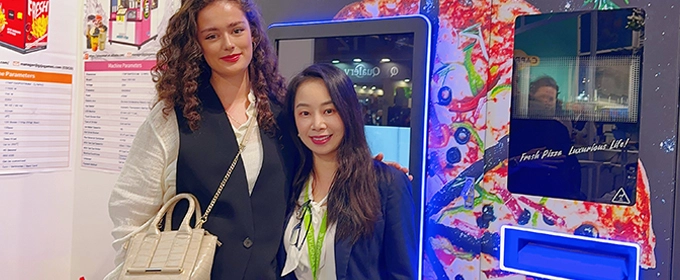Struggling to find a low-risk, high-reward side hustle that doesn’t tie you to a desk?
A vending machine business can earn anywhere from $100 to $1,000+ per machine per month depending on product, traffic, and placement.
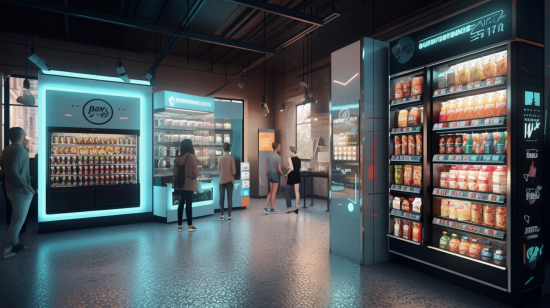
Many people are turning to vending machines as a way to earn passive income. It sounds simple—you place a machine, stock it, and collect the cash. But how profitable is it really? Let’s take a deeper look at the numbers, the setup costs, the challenges, and how I, as a manufacturer and smart vending innovator at iPlaysmart, view this evolving space.
Wondering if these machines are more than just spare change dispensers?
Most vending machines generate between $100 and $1,000 per month, depending on location, product, and operational efficiency.Breaking Down the Profit Potential
It’s not about how many machines you have. It’s about where you place them and what you sell. Here’s a breakdown of typical monthly earnings:
| Location Type | Avg Monthly Revenue | Best-Selling Product Type |
|---|---|---|
| High School | $500 – $900 | Snacks, Drinks |
| Office Building | $300 – $700 | Coffee, Snacks |
| Gym | $200 – $600 | Protein Bars, Water |
| Hospital | $400 – $1,200 | Drinks, Snacks |
| Transit Hub | $600 – $1,500 | Coffee, Grab-n-Go Meals |
Your operational costs—such as restocking, maintenance, payment processing fees—eat into your revenue. But with the right product mix and location, the margins can be surprisingly strong. I’ve seen some of our clients triple their investment in under a year with our pizza and coffee vending models.
Think it’s cheap to get started with vending machines?
Expect to invest $3,000 to $10,000+ per machine for equipment, setup, and initial inventory.
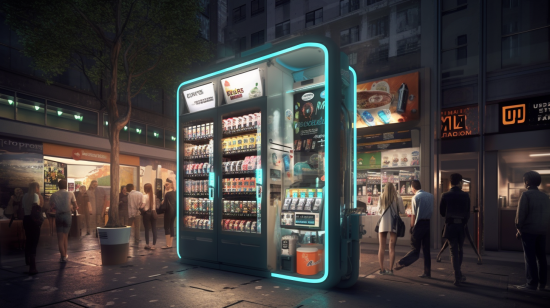
There are three major upfront costs:
Machine Purchase: Depending on whether you buy a snack machine or a smart coffee robot, prices vary. A standard snack machine costs about $3,000–$5,000. A smart vending unit like iPlaysmart’s pizza or coffee model starts around $8,000–$15,000.
Inventory: Stocking products will cost $300–$500 per machine initially.
Placement Fees & Permits: Some locations charge rent. Permits or inspections may be needed depending on your local laws.
Long term, maintenance, electricity, and product rotation are manageable if you’ve chosen reliable machines and a good supplier. I designed iPlaysmart machines with minimal upkeep in mind—fewer breakdowns, smarter diagnostics, more profit.
Ever wonder why some machines are always empty while others sit untouched?
High-traffic locations like schools, offices, and gyms lead to the most consistent vending revenue.
Here are my top picks for where you’ll get the most from your investment:
| Location | Foot Traffic Quality | Notes |
|---|---|---|
| College Dorms | High | Great for late-night snacks |
| Airports & Stations | Very High | People want fast, convenient options |
| Corporate Offices | Medium-High | Great for coffee and healthy options |
| Hospitals | High | 24/7 demand, diverse product range |
| Apartment Buildings | Medium | Reliable, especially with self-checkout |
Good placement is about finding need, not just people. I’ve worked with clients in Australia who saw bubble tea vending sales spike by over 40% after moving closer to college housing. It's that specific.
Are all vending machines created equal?
Drinks, snacks, and hot food like pizza and coffee sell best—especially when paired with smart tech.
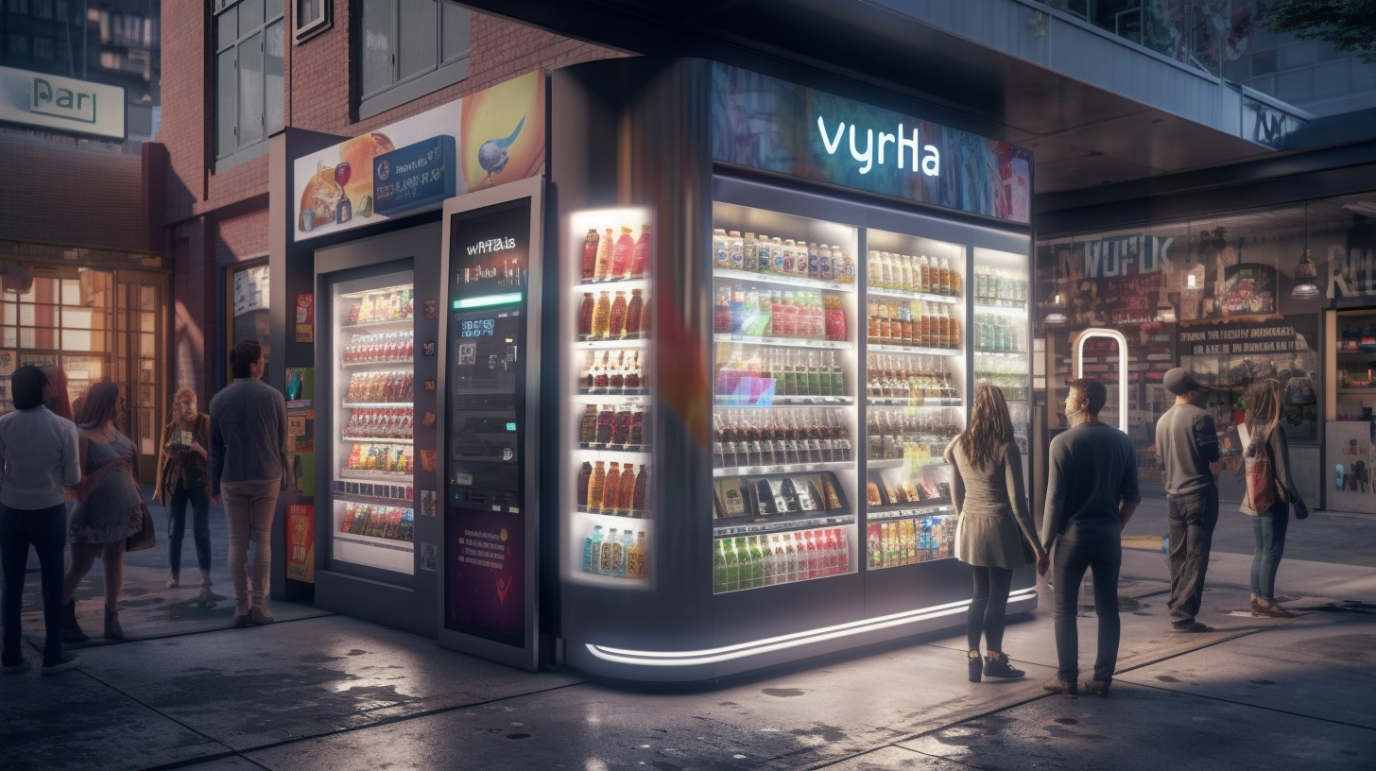
At iPlaysmart, I’ve seen massive growth in demand for intelligent, specialized machines. Here are some of the most profitable types:
| Machine Type | Best-Selling Product | Why It Works |
|---|---|---|
| Smart Coffee Machines | Espresso, Latte, Black | Fast, customizable, consistent taste |
| Pizza Vending Machine | 9” and 12” Pizzas | Fresh-cooked, novelty factor |
| Bubble Tea Machines | Taro, Milk Tea, Matcha | Trendy, highly customizable |
| Snack & Drink Machines | Chips, Water, Soft Drinks | Classic, low maintenance |
Niche sells. People love novelty—especially when it comes in under 3 minutes. Our pizza vending machine in Germany that finishes a pizza in 2.5 minutes sees more foot traffic than the bakery next door.
Still think it’s easy money?
Vandalism, theft, malfunctions, and slow seasons can cut into your vending profits.
No business is without its headaches. Some of the most common issues my clients face are:
Vandalism or Tampering: Machines in outdoor or unmonitored areas are at risk.
Technical Glitches: Old machines break down. That’s why I emphasize smart diagnostics.
Product Expiry: Especially with fresh food or drinks.
Seasonal Slowdowns: School holidays or summer months can mean lower traffic.
Having tech support and a plan for troubleshooting can save you time and protect your reputation. That’s why every iPlaysmart unit runs a real-time diagnostic system to notify operators before problems become disasters.
Want to stay ahead of the vending game?
Reinvest early profits, optimize your inventory, and build partnerships with property owners.
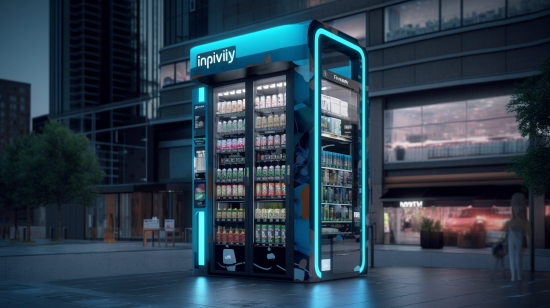
If you’re serious about turning vending into real income, here’s what I’ve learned:
Reinvest Wisely: Use profits from your first machine to buy a second. Scale smart.
Refine Your Stocking Strategy: Track bestsellers and remove low performers.
Get Great Locations: Form long-term partnerships with gyms, schools, and businesses.
Leverage Technology: Real-time inventory alerts, sales analytics, and cashless payments are game changers.
Stay Agile: Trends change—coffee surges in winter, ice cream in summer. Match supply to demand.
Some of my most successful clients started with one iPlaysmart unit in a local mall. A year later, they were managing fleets across cities. The key wasn’t luck. It was observation, adjustment, and tech.
A smart vending machine business can be profitable, scalable, and surprisingly fun—if you start smart and adapt fast.
Guangzhou Iplaysmart Technology Co., Ltd., established in 2017, is a leading manufacturer specializing in intelligent vending machines. With over seven years of manufacturing expertise, the company operates a 15,000 square meter facility comprising workshops and offices. Their products are exported worldwide, catering to diverse markets and customer needs.
